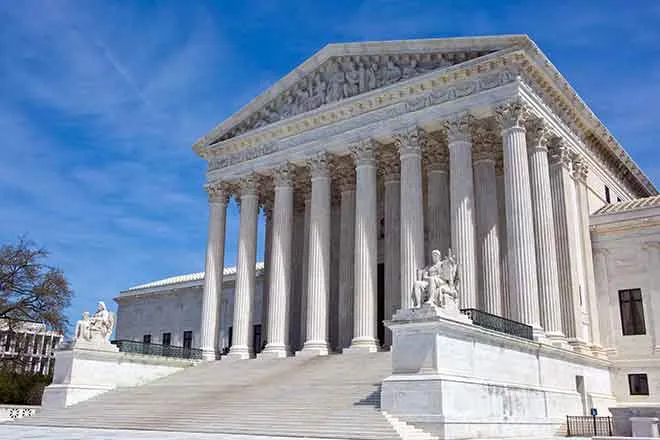
Expert offers tips on managing college costs, student-loan debt
(Georgia News Connection) As student loan payments resume after a three-year halt, experts offer advice on pursuing higher education without accumulating unnecessary debt.
Brian Walsh, manager of financial planning for the online bank SoFi, emphasized the importance of careful financial management to keep college costs low amid rising interest rates and daily expenses. To achieve it, he suggested considering the earning potential of the desired degree and making informed decisions about where to pursue it.
"That could be going to a different school that offers a better financial aid package," Walsh suggested. "It could be going to a two-year school before transferring to a four-year school. It could be working part-time while in school to kind of offset some of those expenses."
According to the Education Data Initiative, Coloradoans have higher student-loan debt compared with students in other states. On average, college graduates in Colorado carry nearly $37,000 of student loan debt.
Walsh advised students to consider their future career paths and highlights the potential benefits of working for a nonprofit or government organization, such as student-loan forgiveness.
"What happens for public service loan forgiveness is, if you make 120 qualifying payments, which means you work at a qualifying organization and you make a payment, like income-driven repayment, for example," Walsh outlined. "After those 120 qualifying monthly payments the balance of the loan would be forgiven."
Right now, under the Biden administration's reforms, people can receive credit for the years they have worked since October 2007, even if their loan was in forbearance and they had ceased making payments. Some terms are set to expire on Dec. 31. Additionally, Walsh recommended students utilize the resources available at StudentAid.gov.
















